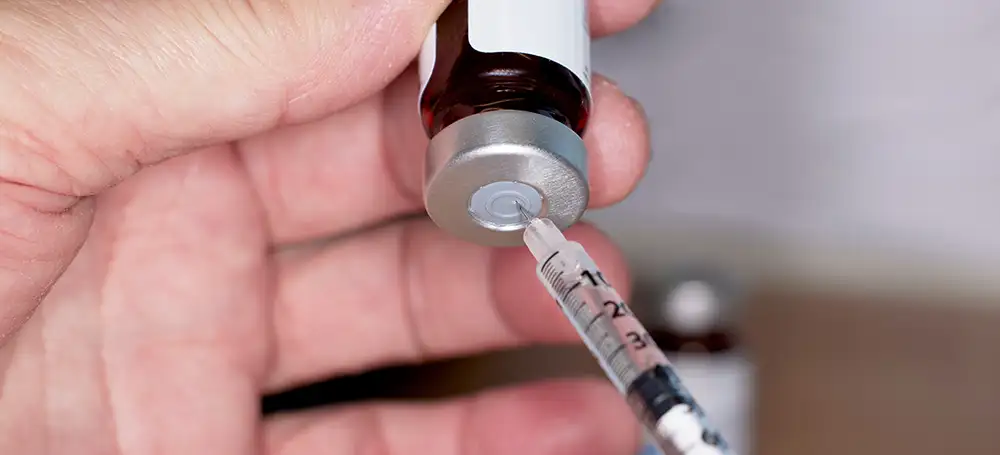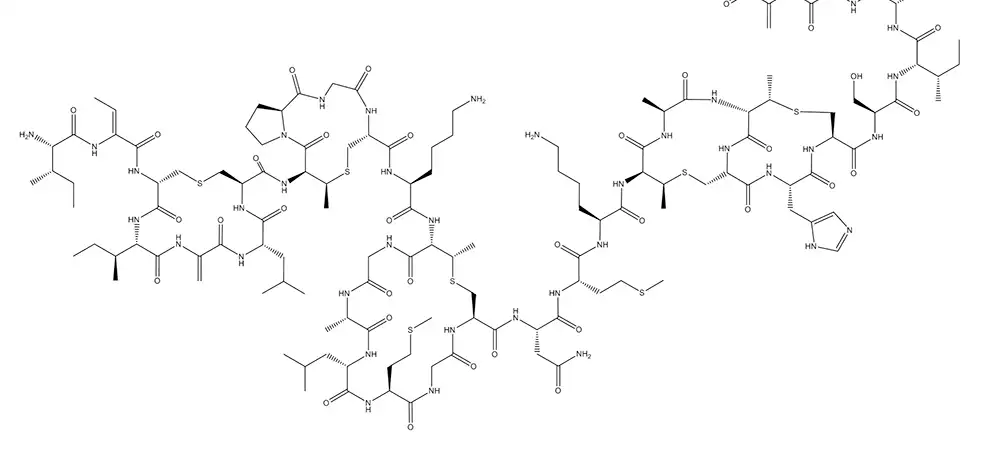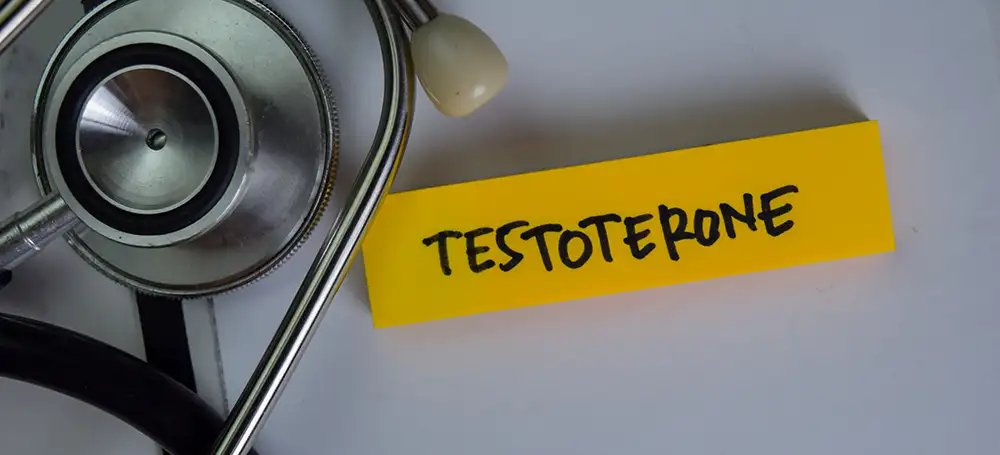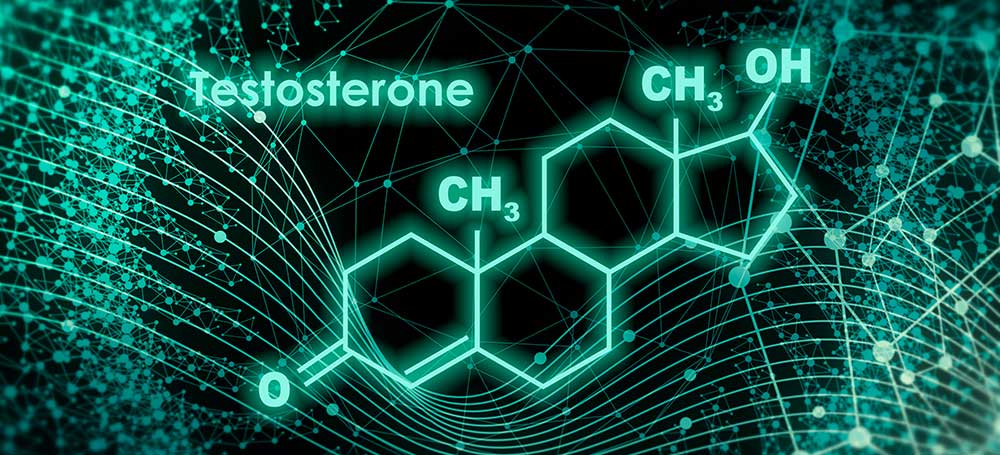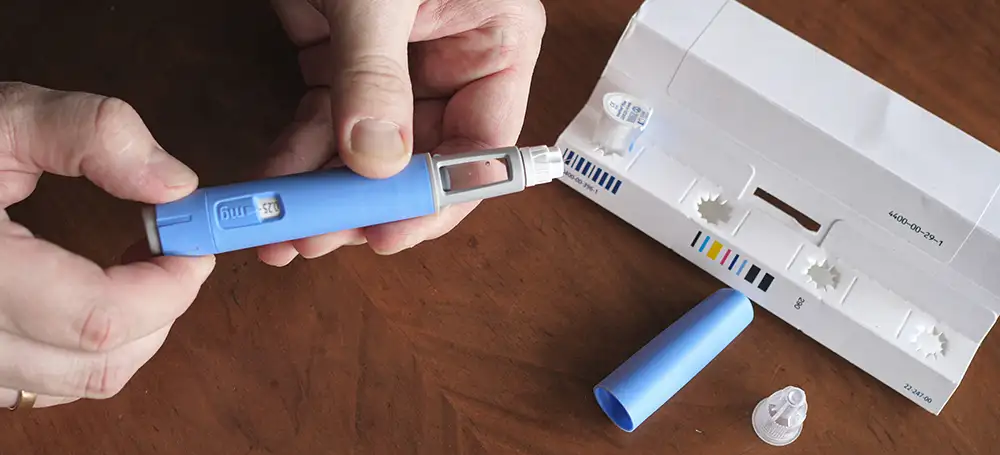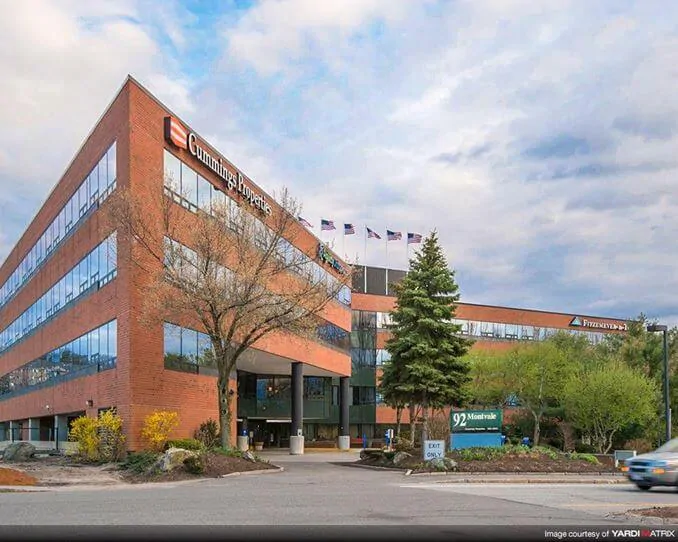Maybe it’s a gray streak in your hair or some odd spots on your skin. You might find that you have to push yourself to complete what you think of as your regular workout. Or maybe you’ve had some issues in the bedroom that you’d like to ignore (if that were possible). For every man, there’s a moment when you realize that, yes, you’re getting older.
But how many of the physical changes you’re noticing are actually due to age? Are any of them signs of a more significant medical issue? And what can you do about them? Let’s dig in to understanding what changes you can expect as you age — and how you can push back to retain your well-being and masculine vigor.
Cardiovascular Issues
Your heart has to work a little harder to move blood throughout your body as you age. That’s because your blood vessels start to get a little stiff. You won’t feel a change in your resting heart rate, but you may have a greater risk of high blood pressure due to these unseen changes.
What Should You Do?
You can take proactive steps to protect your cardiovascular health, including:
- Stay active. Add aerobic activity, such as walking, biking or swimming, to your workout routine.
- Don’t smoke. If you smoke, it’s time to quit. Smoking has a nasty effect on your blood vessels and hastens cardiovascular disease.
- Eat a heart-healthy diet. Whole grains, fruits, veggies and lots of fiber should pair up with lean protein (think fish). Push that salt shaker away, and avoid foods with a high saturated fat content.
- Get plenty of sleep. Your heart and blood vessels repair themselves while you sleep, so those eight hours are essential.
- Manage your stress level. You can’t eliminate stress, but you can learn to manage it through exercise, therapy or meditation.
Bathroom Issues
As your bladder muscles weaken with age, you may have to urinate more often, and you may find it tough to empty your bladder completely. Many men also find themselves experiencing regular constipation. This can be due to age-related changes in your intestines — but bathroom challenges can also be signs of more significant medical conditions, such as diabetes, an enlarged prostate or prostate cancer.
What Should You Do?
- Eat a high-fiber diet. Fruits, veggies and whole grains are critical to a healthy digestive tract. Avoid sweets, dairy and high-fat meats if constipation is a problem.
- Go when you have to go. Trying to hold it can make your bladder or intestine issues even worse.
- Stay active. Physical activity keeps your digestive system moving, too.
- Drink plenty of water. Clear liquids are good for your whole system.
- Avoid caffeine, alcohol and carbonated beverages. These can wreak havoc on your digestive system, as can acidic foods.
- See your doctor. If dietary and activity changes don’t help your bathroom issues, it’s time for a check-up.
Muscle Mass and Physical Strength
Your muscles lose strength and endurance as you get older, which can often affect your balance and stability. As you age, you’re more likely to fall, with a greater risk of head trauma and bone fractures (which are exacerbated by the weakening of your bones — keep reading!). Men with low testosterone levels are especially likely to see an overall decline in muscle mass and physical strength.
What Should You Do?
- Exercise. Get some weight-bearing exercise at least five times a week. This can include weightlifting or walking.
- Have your testosterone levels tested. If you have testosterone deficiency, you will likely find that testosterone replacement therapy significantly affects your lean muscle mass.
Sexual Health
The first time you experience erectile dysfunction, you probably think it’s a one-time thing, just a fluke. But if it becomes even a semi-regular experience, you’re probably concerned. You may find your erections aren’t as firm as they once were, or you may even realize that you’re just not that interested in sex anymore. You might chalk it all up to aging — but in reality, for many men, it’s all about a specific part of aging as a man. Your testosterone levels start to decline naturally, beginning in your 30s. If that decrease takes your testosterone levels below the normal range of 300 to 1,000 nanograms per deciliter, you’ll be diagnosed with testosterone deficiency. Fortunately, you can take action to make the changes you want to see.
What Should You Do?
- Talk to your partner. Your issues with physical intimacy affect more than yourself, so it’s important to keep the lines of communication open.
- Talk to your doctor. Your doctor will run tests to check your testosterone levels and help you find the right treatment.
Memory and Cognition
You forget where you left your keys. You can’t stay focused on a challenging task at work. You know that you know that new co-worker’s name, but it’s not coming to mind. And multitasking seems impossible at times. Watching memory and cognitive abilities slip is one of the more unwelcome signs of aging. But there are plenty of possible causes for memory lapses and other cognition issues, some of which are very treatable. Did you know, for instance, that low testosterone levels could be behind what you’re experiencing mentally?
What Should You Do?
- Stay mentally active. Opt for reading, learning a new language, playing word games, taking classes or learning a musical instrument rather than scrolling through your phone in your downtime.
- Stay social. Social interaction helps sustain a healthy brain, so spend time with friends and family, or volunteer for a local nonprofit.
- Stop smoking. Smoking also harms your brain, so it’s time to quit.
- Eat healthy. That heart-healthy diet is also good for your brain. Avoid overindulgence in alcohol or other controlled substances.
- Exercise. The physical activity that sends blood throughout your body also keeps it flowing healthily to your brain and improves overall brain function.
- See your doctor. If you’re worried about dementia, your doctor can run some tests. Testing your testosterone levels may also help answer some questions about cognitive issues.
Sensory Issues
For many men, the need for reading glasses is the first sign that age is catching up with them. You might also find yourself more sensitive to light, or you could develop cataracts or persistent dry eye. You may also notice that it’s harder to follow conversations when many people are talking, or you might not hear that annoying brake squeal that everyone else in the car is complaining about.
What Should You Do?
- See the appropriate doctors. It’s easy to get your hearing or eyesight checked by specialists. Make sure you wear the glasses, contacts or hearing aids that your doctors prescribe.
- Wear sunglasses. The sun can damage your eyes, so protect them when you’re outdoors.
- Wear earplugs. If you’re around loud machinery, protect your ears with earplugs.
Weak Bones
This is a sign of age that you’re not likely to notice — until a bone snaps unexpectedly. Even though the weakening of your bones is invisible, it’s something that can begin as early as your 40s. As they become less dense and even shrink a bit in size, you’re more likely to sustain a fracture. You may also feel stiff or develop arthritis as the tissue around your bones breaks down a bit. You may be surprised to learn that fragile bones can also result from low testosterone levels.
What Should You Do?
- Take calcium. You should ingest at least 1,000 milligrams of calcium each day. Take a supplement if you can’t get enough from dairy products, salmon and green vegetables, such as kale or broccoli.
- Take vitamin D. If you spend a lot of time outdoors, you may already get enough vitamin D since your body can synthesize it from sunlight. You can also take in vitamin D in fortified dairy products and cereals, salmon, eggs and tuna — or you can take vitamin D supplements.
- Have your testosterone levels tested. If your testosterone levels are low, your bone health can be affected.
Weight Gain
Your metabolism slows down as you age. If you keep eating the same amount of calories, you’ll gain weight — and if the amount of physical activity you’re getting decreases, you may gain even more weight. For many men, that weight tends to cluster around the belly (and that weight placement can actually be a sign of low testosterone levels).
What Should You Do?
- Exercise. Keep up with your workouts, and look for other opportunities to add physical activity to your daily routine (take the stairs instead of the escalator, for instance).
- Cut down portion sizes. Especially if you eat out a lot, you may be eating portions that are larger than is healthy.
- Eat a healthy diet. You know the drill by now: whole grains, fruits, veggies, lean protein and lots of fiber. And try to avoid sugar and high-saturated fat.
Skin Changes
As you age, you’ll likely see a wide array of changes to your skin. Yes, you may start to see wrinkles. You may also start to see age spots, especially on skin that’s regularly exposed to the sun, and you may develop small benign growths, including skin tags, which grow seemingly at random. Your skin also becomes thinner, so you may bruise or bleed more easily. You’re also likely to see your skin become dry.
What Should You Do?
- Wear sunscreen. Sun damages your skin a little at a time. Wear sunscreen every time you go outside to protect your skin.
- Bathe in warm water. Hot water is tough on your skin. Pamper yourself with warm water showers and baths, and use a mild, non-abrasive soap.
- Moisturize. Regular application of lotions can help your skin stay soft.
- Don’t smoke. Smoking helps cause wrinkles, so you have yet another reason to quit.
- Watch your skin for significant changes. It can be hard to tell whether a new spot on your skin is a harbinger of skin cancer or just another benign spot. Pay attention, in particular, to moles or dark spots, and head to a dermatologist if you feel suspicious or notice the spots changing in size.
How Can We Help You?
At Boston Vitality, we devote ourselves to helping men retain their energy levels, mental clarity, libido and physical health as they age. Our treatments range from testosterone replacement therapy to HGH (human growth hormone) peptide treatment — all of which are proven to push back against aging.
No, you can’t stop growing older — but you can turn the aging process into one filled with wisdom and well-being. You can make choices that help you stay active and healthy and that help turn back the clock. If you want to learn more about what you can do when you start seeing signs of aging, contact us today.




